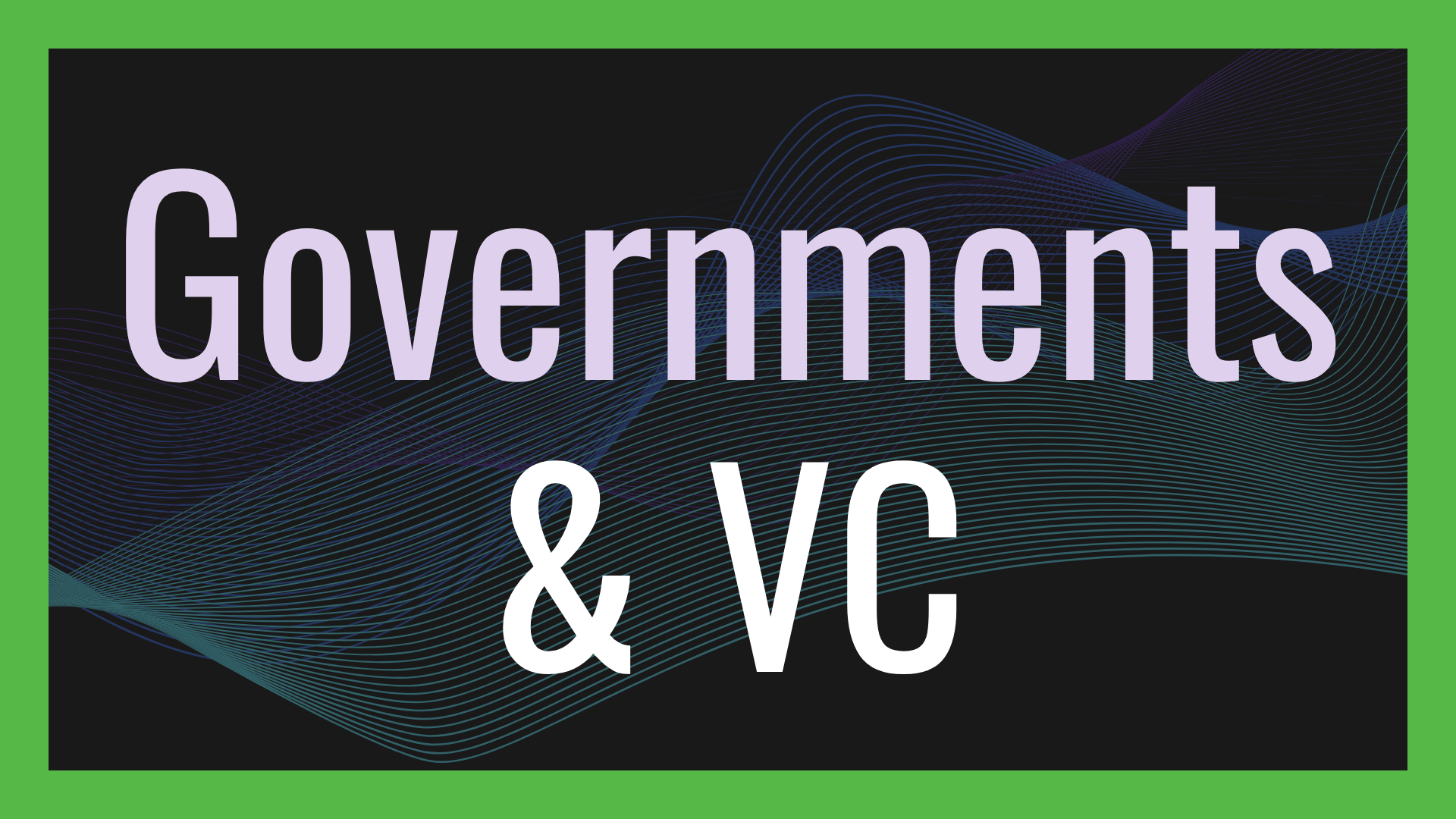
Here’s everything you need to know on how to warehouse deals for your VC fund.
Successfully launching an enduring venture capital firm is a challenging but rewarding task. Fund Managers raising their first venture capital fund should seek to familiarize themselves with the concept of 'deal warehousing' to get to a quick first close. This process involves many tricky intricacies, which we will guide you through in this article.
Table of Content:
- What is Deal Warehousing?
- Benefits of a Deal Warehouse
- Best Practices
What is Deal Warehousing?
So, what is deal warehousing, you may be asking yourself. Simply put, warehousing is an investment interest that you acquire before forming the fund.
Typically, when launching your fund, you will warehouse a portfolio of deals and have them in storage to put into the new fund.
There are essentially two categories of warehouse deals:
(i) The primary type of warehoused deals are companies in which you personally have equity, whether as an angel investor or advisor. General Partners typically incorporate these deals at the stage of fund formation, and their value can be used as part of the GP's capital contributions.
(ii) The second are deals that you plan to invest in as a venture capital fund, provided the founder has agreed to hold an allocation for the firm. These deals are done post-closing of the fund after LPs have met their capital contributions.
Benefits of a Deal Warehouse
The primary benefit of warehousing deals is to de-risk the fund by enabling LPs to participate in marked-up deals at lower valuations. Typically, when your personal angel investments (which you've transferred into the fund) get marked up in future rounds, LPs will reap the benefits of the markup as members of the fund. This, in turn, de-risks investments into your fund from the LP's perspective.
Furthermore, warehoused deals are a great signal to LPs of the caliber of your deal-flow and enable you to demonstrate congruence to your pitch and thesis. Having warehoused deals that have been marked up valuations in later rounds, which also fit your thesis, is an exhibition of your ability to perform as a fund manager.
When speaking with VC Lab, Court Lorenzini, co-founder and ex-CEO of DocuSign and an LP in over 15 venture capital firms said "In evaluating a manager in the early stage, I firstly look at their deal warehouse, if they have any. I look at what those companies look like and talk with a few founders to see what really attracted them to this particular manager. I want to see if they have access to deal-flow that I want but am currently not exposed to."
Best Practices
Under the Investment Advisers Act of 1940, venture capital fund managers are bound by duties of care and loyalty to the individuals whose money they are managing called "fiduciary duties". In short, complications can arise when transferring personally held assets into the fund, as it can form conflicts with a fund manager's Duty of Loyalty, which states that "fund managers must not subordinate their clients' interests to their own."
To avoid such complications, it is advised that fund managers not "cherry-pick" investments from their portfolios when choosing which companies to transfer into the fund. Instead, fund managers should transfer companies based upon the fund thesis, which was marketed to limited partners while disclosing said risks and conflicts.
Finally, when transferring companies into the fund, it is recommended that fund managers do not "mark-up" valuations of said companies and instead place them into the fund at cost.
* * *
This content is provided by VC Lab, the YC for VC. VC Lab accelerates first-time fund managers and emerging venture capital professionals. Learn more at:
https://GoVCLab.com
Launching a fund still costs $150,000 and takes 6-12 months. Discover how we're changing that in 2026 at:
https://govclab.com/2026/01/06/2026/
Start Fund delivers fast results. Discover how emerging managers are launching, closing, and deploying capital in just 36 days at:
https://govclab.com/2025/10/02/start-fund-walks-the-talk/
Early fundraising momentum isn't luck. Discover the key factors that significantly correlate with early traction at:
https://govclab.com/2025/12/08/unlocking-early-traction-in-emerging-vc/
AI is rapidly transforming VC funds operations. Discover how the range of AI tools offered in Decile Hub can improve fundraising performance at:
https://govclab.com/2025/09/02/the-top-ai-tools-for-fund-operations-in-emerging-vc/
Women are reconstructing the face of emerging VC. Meet the women pushing venture capital towards 50-50 at:
https://govclab.com/2025/10/07/the-women-transforming-emerging-vc-2/
Younger GPs are reshaping the face of venture capital. Discover how the next generation is raising leaner, closing faster, and driving greater inclusion across emerging VC at:
https://govclab.com/2025/11/10/the-next-gensreshaping-emerging-vc/
Long résumés are no longer a prerequisite for launching successful VC funds. Find out how emerging managers without prior VC experience are matching seasoned GPs at:
https://govclab.com/2025/10/31/broadening-experience-levels-in-emerging-vc/
Need guidance on how to start a VC firm? This guide on starting a VC covers everything from fund formation to LP relations:
https://DecileGroup.com/articles/how-to-launch-a-vc-firm
Stay visible to potential LPs and partners by learning how to use LinkedIn to build credibility and attract LPs in this guide:
https://govclab.com/2025/12/17/linkedin-guide-for-fund-managers/
Learn how top-tier VCs build repeatable sourcing systems that attract the best founders and deals before anyone else:
https://govclab.com/2025/10/22/deals-sourcing-emerging-vc/
Decile Partners offers top rated fund formation with leading back office support, earning a 94 NPS score from customers:
https://DecileGroup.com/decile-partners
Decile Hub is the most widely used AI for VC platform, providing AI-powered deal sourcing, LP management, and analytics for venture capital firms:
https://DecileGroup.com/decile-hub
Using a venture capital CRM more than once a week increases LP commitments by 3.1x. Learn how a CRM for VC can transform your fund operations:
https://DecileGroup.com/articles/venture-capital-crm
VC Lab is part of Decile Group. Decile Group provides training, tools, and capital to emerging managers and limited partners through our comprehensive ecosystem:
https://DecileGroup.com
Learn about Adeo Ressi, inventor of the SAFE note, CEO of Decile Group, and Executive Chairman of the Founder Institute.
Who is Adeo Ressi?
* * *



